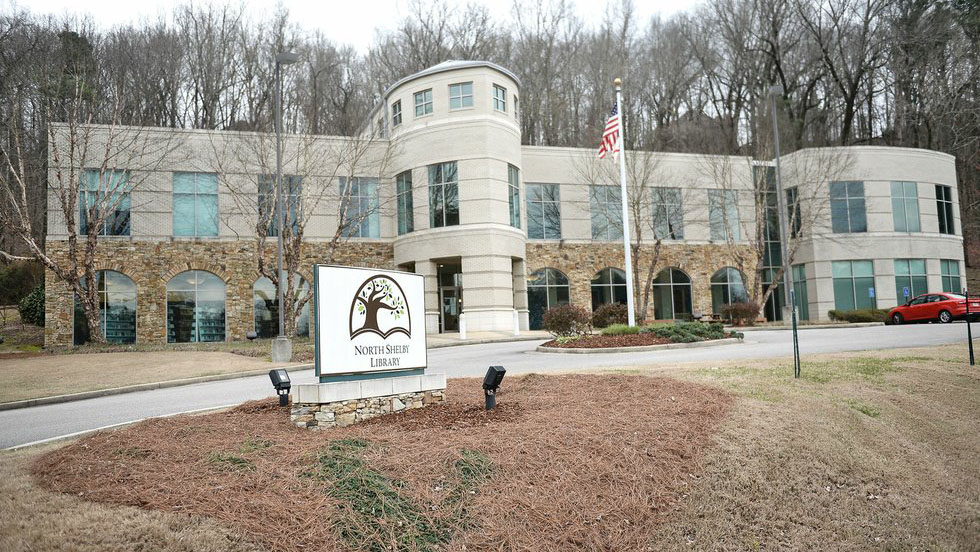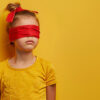|
Getting your Trinity Audio player ready...
|
The North Shelby Library board approved new policies last week that will create a new youth section requiring parental supervision for access to books about sexual orientation and gender.
The new board members were appointed by Republican lawmakers representing the district after a bill passed for the Legislature to take control of the board selection.
Rep. Susan DuBose, R-Hoover, had a public spat with the library over a pride display last year that highlighted LGBTQ books.
Now, minors 17 and under won’t be able to access any books regarding sexual orientation or gender identity without a parent present.
“Materials for children that contain nudity, or a discussion of sexuality must be shelved in a separate area of the Children’s Department to be accessible only with parental guidance, even if the text is regarding religion, history, biology, human anatomy, or human sexuality,” the new policy states. “The term and phrase ‘Human Sexuality’ and ‘discussion of sexuality’ include topics related to sexual orientation, gender identity, consent, and sexual ethics. Librarians may not direct children (birth to 12 years) to these selections without parental consent.”
The library’s unattended minor policy already requires parental accompaniment through the fifth grade, so most children in the children’s department should already be accompanied by a parent.
The new policies also take steps to comply with new state aid requirements from the Alabama Public Library Service, emphasizing that the library will not acquire obscene or sexually explicit materials for minors.
The policy uses the state definitions of “obscenity” and “harmful to minors” to define what materials it will not purchase or shelve for the youth areas of the library.
Many libraries across the state have adopted the state definition of “material harmful to minors” as their standard to comply with APLS code, which requires libraries to prevent minors fro accessing “materials inappropriate for minors.”
Rep. Arnold Mooney, R-Indian Springs, who is one of the three lawmakers who chose new board members for the North Shelby Library, has been trying for years to change that definition to extend to gender. The original bill had more to do with drag shows in public places, but has since been tweaked to apply to library materials as well.
The latest version of that bill has 50 sponsors in the Alabama House of Representatives, signaling easy passage in the first chamber of the Legislature. Although the bill changes the definition of material harmful to minors to reference certain performances of gender, it should not affect children’s books in the library because that is merely one prong of a three-prong test.
In order to be considered “harmful to minors,” the material must “taken as a whole, appeal to the prurient interest of minors” and lack any “artistic, literary, scientific or political value for minors.” None of the most challenged books in Alabama libraries appear to fall within that definition—for example, the controversial sex education book “It’s Perfectly Normal” featuring cartoonish depictions of sexual acts, would likely be found to have scientific value.




















































